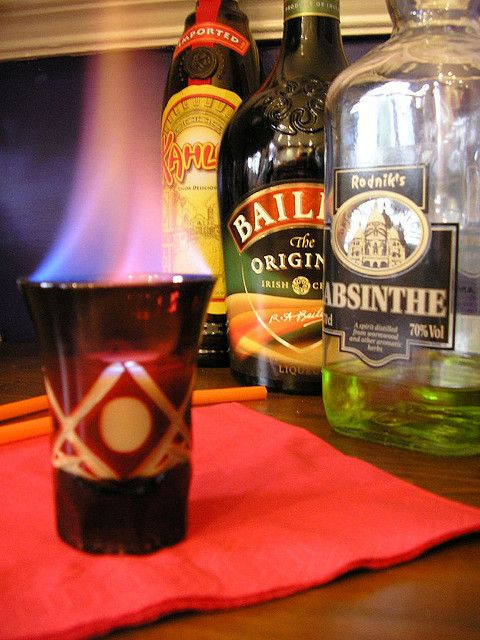Three Things You May Not Know About Alcohol Consumption

We all know the basics; it can get you drunk, impair your judgment and lead to risky behaviors. However, there are a few surprising facts that the average person may not know.
A Cure for What Ails You
Many are aware that alcohol is used as an antiseptic, but years ago it was also used as an anesthetic. Early medical uses of ethyl alcohol were primarily for pain relief. Small doses of alcohol can provide a numbing effect. It was common among physicians to give patients a shot of whiskey before performing surgeries or removing limbs injured in combat.
According to "A Handbook of Useful Drugs," by State Medical Examining and Licensing Boards, "small doses produce euphoria, stimulate respiration, moderately dilate the cutaneous and splanchnic vessels, and modify the circulation."
Additionally there have been studies that demonstrate wine can protect against bed bug bites and reduce the risk of breast cancer and other fatal conditions.
Researchers from Oregon State University found moderate consumption of general spirits may improve a woman's bone density. According to the study, alcohol lowered the general turnover rate which may reduce bone loss. Researchers also believe by lowering bone loss in turn it will decrease a woman's risk of osteoporosis-related fractures.
Problem Solving Ability Enhancer
Scientists from the University of Illinois at Chicago, discovered men who either drank two pints of beer or two glasses of wine before creativity problem solving not only got more questions right, but also were quicker in delivering correct answers, compared to men who answered the questions sober.
Participants with a BAC of 0.07 or higher solved 40 percent more problems than their sober counterparts and took 12 seconds to complete the tasks whereas the sober-minded individual took 15.5 seconds.
Does Alcohol Keep You Warm?
According to researchers at the University of Iowa College Of Medicine, alcohol can cause our body temperature to decrease rather swiftly.
When consuming alcohol one tends to feel hotter. While you may think your body temperature is rising, it is actually dropping, making you more susceptible to hypothermia. Hypothermia is a condition when the core body temperature drops below body temperature needed for normal metabolism function.
Under normal circumstances when we feel cold it is due to our blood flowing from the skin into the organs as a defense to maintain core body temperature. As you consume article the blood flows towards the skin leaving our core body temperature vulnerable to frost bite. Additionally, hypothermia may have similar medical symptoms of being inebriated such as confusion, clumsiness and drowsiness.
Dr. William G. Haynes, director of Clinical Pharmacology at the University Of Iowa College Of Medicine stated "We may feel warm from the blood rushing to our skin, but our body is actually losing heat faster, bringing about an increased danger of hypothermia."
Along with hypothermia, consuming too much alcohol during the winter months can lead to an alcohol-induced coma.
Health experts suggest when consuming alcohol during the winter, either stay inside or bundle up before you go out, but, most importantly, they stress the importance of just staying sober.
Published by Medicaldaily.com



























